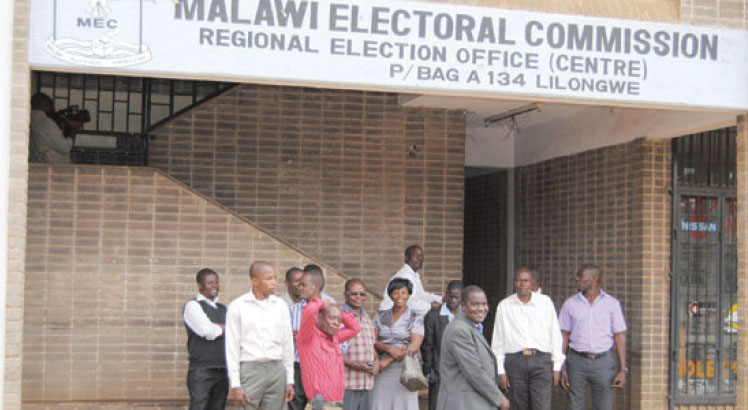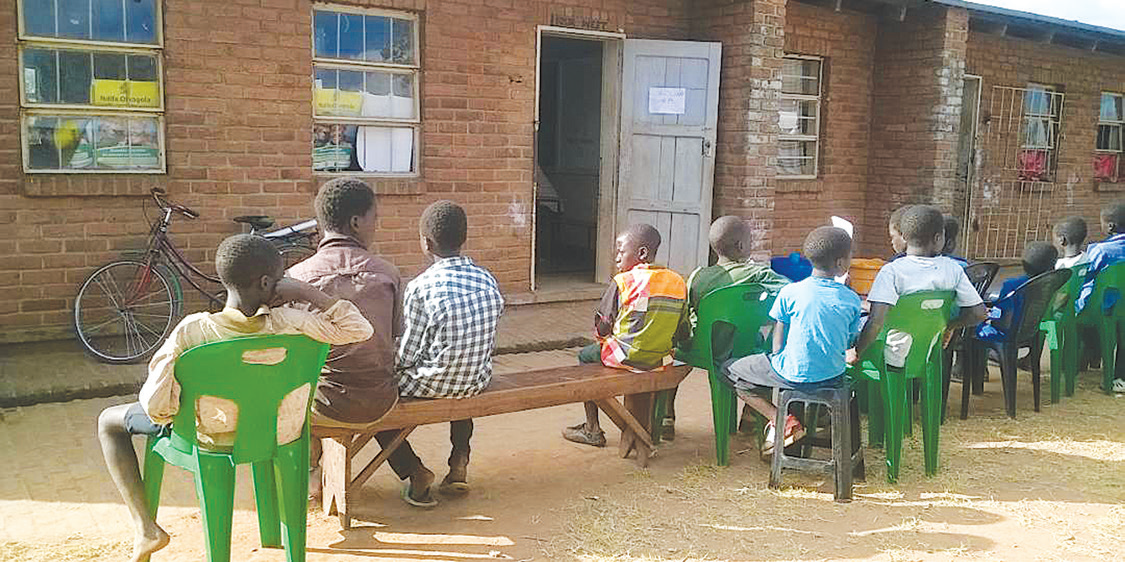More MDAs gloss over graft fight
Compliance monitoring for government ministries, departments and agencies (MDAs) has shown glaring inefficiencies in the way MDAs are mainstreaming and spearheading implementation of anti-corruption efforts.
Conducted by the Anti-Corruption Bureau (ACB) for the 2022/23 financial year on 98 out of the 124 MDAs, the Institutional Integrity Committees (IICs) report shows failure to monitor procurement processes, carrying out corruption risk assessments (CRA), submit reports, uncertainty on funding, but also failure to develop whistle-blowing mechanisms and conducting of preliminary investigations.
Stakeholders in the graft fight have since stressed the need to punish non-compliant MDAs and increases awareness on the importance of the role of IICs in dealing with corruption.
Reads the report in part: “IICs were asked if they had done any CRA in the 2022/23 financial year. Out of the 97 assessed institutions, only 29 had conducted the CRA representing 30 percent of MDAs of which 15 were parastatals, four councils and 10 ministries and other agencies.

MDAs on compliance
“This implies that 70 percent of MDAs have not yet conducted corruption risk assessments. This has a great bearing on meaningful anti-corruption action planning and mainstreaming as CRAs point to real issues in the system which, if addressed, may make significant differences in the institutional anti-corruption drive outcomes.”
The report further shows that only 30 percent had monitored different procurement process stages, meaning 70 percent did not and this indicates that a lot of efforts need to be put in this regard as procurement is one of the areas that need to be given the much-desired attention.
Only 9.3 percent of the MDAs had whistle-blowing mechanisms as out of 92 percent of council IICs that implemented their action plans, only 37 percent submitted their quarterly reports and out of 50 percent of MDA IICs that implemented their action plans, only 38 percent submitted their quarterly reports.
Out of 70 percent of parastatal IICs that implemented their action plans, 62 percent submitted corresponding quarterly reports, implying that several MDAs are non- compliant with submission of quarterly reports to the bureau.
National Integrity Committee chairperson Jeff Kabondo yesterday called on the ACB to engage the Legal Affairs Committee of Parliament to summon non-performing IICs.
He said: “Those defaulting on compliance have to be sensitised, although by now all MDAs are aware of the importance of the IIC because the Office of President and Cabinet [OPC] issued a circular on this. They just need to be reminded.
“The second approach will be to go for sanction. There is a provision in the NAC II, which requires the ACB to report to the Legal Affairs Committee of Parliament so that controlling officers for non-compliant MDAs are summoned and disciplined.”
In a separate interview, Anti-Corruption Alliance chairperson Moses Mkandawire said servant leadership, and the spirit of ubuntu was lacking in most leaders, who enjoy the fruit of corruption and frustrate all efforts to deal with the vice.
He said: “The culture of integrity is not planted in our leaders. They are comfortable with filling their bellies and there is no ownership and responsibility in these processes. We need to have all those non-compliant MDAs to be disciplined.”
Legal Affairs Committee of Parliament chairperson Albert Mbawala recently told The Nation that his committee has been summoning and visiting selected public institutions on matters of functionality of their IICs.
Worst performing MDAs include Green Belt Authority, Malawi Electoral Commission, Central Region Water Board, Lilongwe City and Mulanje District councils, but also ministries of Foreign Affairs, Justice and Education.





